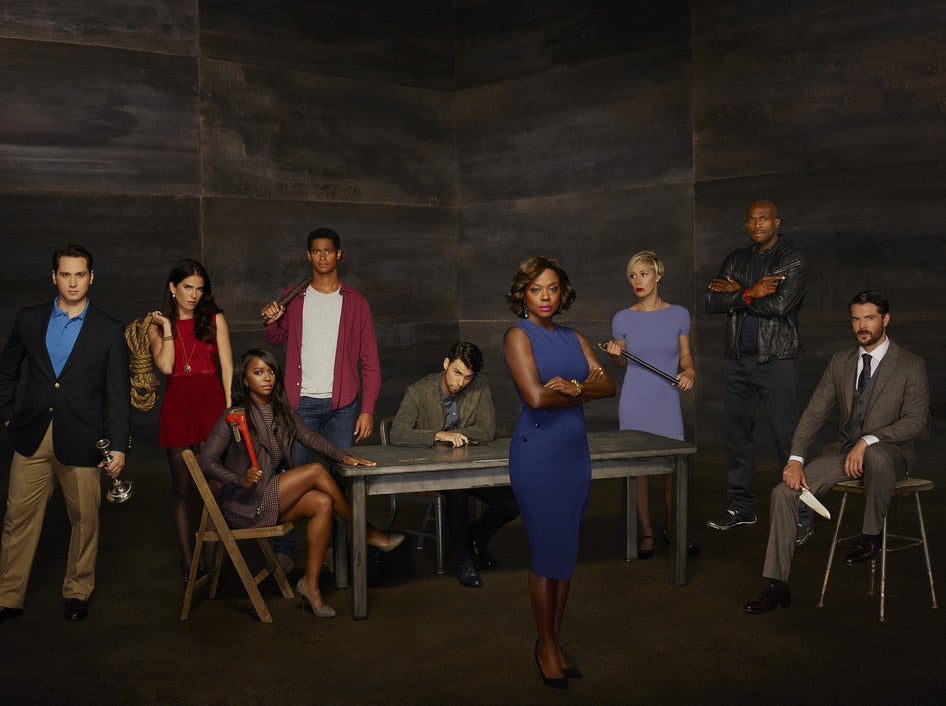
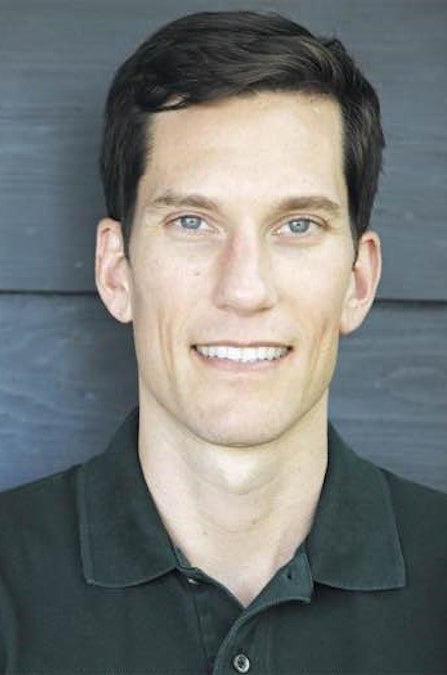
For six years, Pete Nowalk worked under Shonda Rhimes, one of the most successful showrunners in television. First, he was a writer on Private Practice; then he was a writer on Grey’s Anatomy, where he eventually became a supervising producer; and finally, he became a co–executive producer and writer on Scandal. “It was a dream team,” Nowalk told BuzzFeed News. “I couldn’t have asked for better teachers.”
But not even all those years in ShondaLand could truly prepare Nowalk for what it would take to succeed as the showrunner of his own creation, ABC’s How to Get Away With Murder. “It’s a constant uphill battle,” he said at a Los Angeles coffee shop, the day before the show’s second season would come to an end. “That's why I sometimes get so sensitive to criticism — I'm like, This was made on a high-speed train with people throwing hammers at us. It's a miracle it makes any sense at all.”
"The biggest pressure was to not disappoint Viola."
Even under those conditions, Nowalk has created one of the most talked- and tweeted-about shows on television, which in just two seasons has established itself as a sexually progressive, racially groundbreaking, and constantly unpredictable series.
And it’s also given its star, Viola Davis, the vehicle to become the first black woman to win an Emmy for Leading Actress in a Drama. “The biggest pressure was to not disappoint Viola,” Nowalk said. “She's Meryl Streep, basically, and she's on a TV show, so it's like, Am I going to screw her over? I definitely had that ‘do I know how to do this’ moment. She opened up a more character-driven, deeper, complicated version of the show. I had that in me, obviously, but I don't know if I would have worked so hard to make sure she had those moments.”
The success of Season 1 could have made Season 2 of How to Get Away With Murder that much more daunting for Nowalk, but he’s come up with some tactics for dealing with the pressure.
With the second season officially wrapped — SPOILER ALERT: the March 17 finale ended with a literal bang as Wes (Alfred Enoch) confronted his presumed father, Wallace Mahoney (Adam Arkin), seconds before a mysterious assailant shot Wallace — Nowalk sat down with BuzzFeed News to share some of the hard-earned lessons he’s learned from being a first-time showrunner.
1. The show becomes your life.
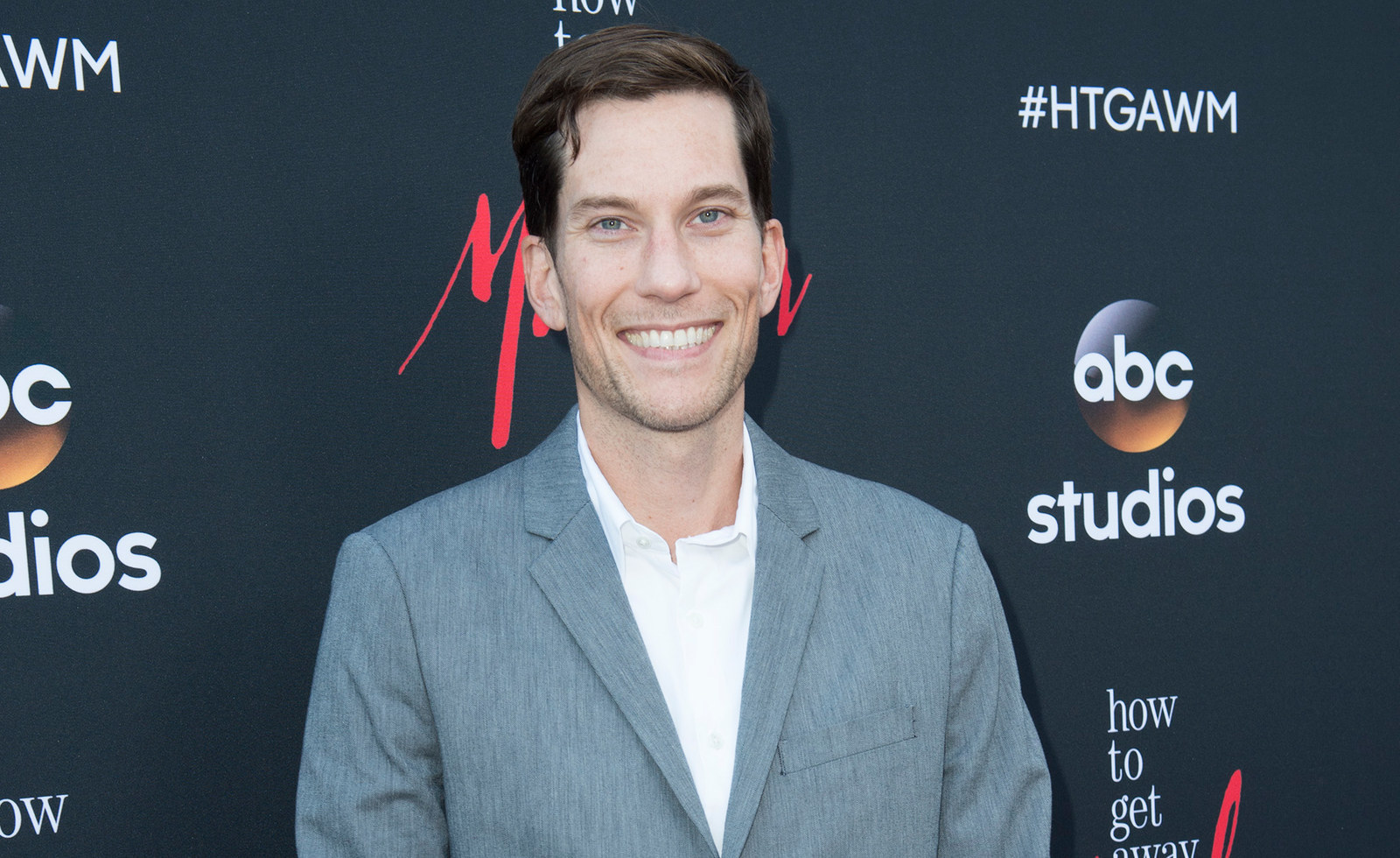
Nowalk quickly learned there was no way to prepare for life while running a TV show. “I didn't realize how all-consuming it would be,” he said. “If I want to watch TV, I’m still thinking about the show. If I’m in the shower, I’m still thinking about the show. You go through a whole season drowning and I'm just now coming up for air. I feel like I have to send out a million ‘thank you for putting up with me’ notes.”
2. Don't buy into the hype.
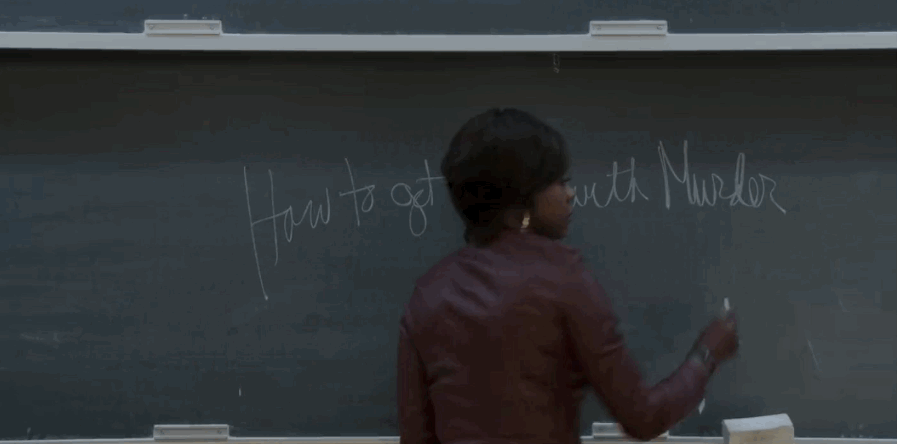
Davis in the pilot episode.
When How to Get Away With Murder premiered in September 2014 after Scandal’s Season 4 debut, it set a record for DVR playback, earning the pilot over 20 million viewers. But those kinds of numbers are simply not sustainable. “We came out of the gate with a bang; we had Viola Davis [and] we got to premiere in that time slot — that doesn’t happen to anyone,” Nowalk said. “It just started on a high and I had to realize that was such a moment in time and get used to the fact that the attention will go away, ratings will go down. The newness of the appeal dissipates — it's nature. But it's still so hard and we're trying our best. So in that sense, I'm trying to grow up and not need the hype.”
3. Listen to the actors.
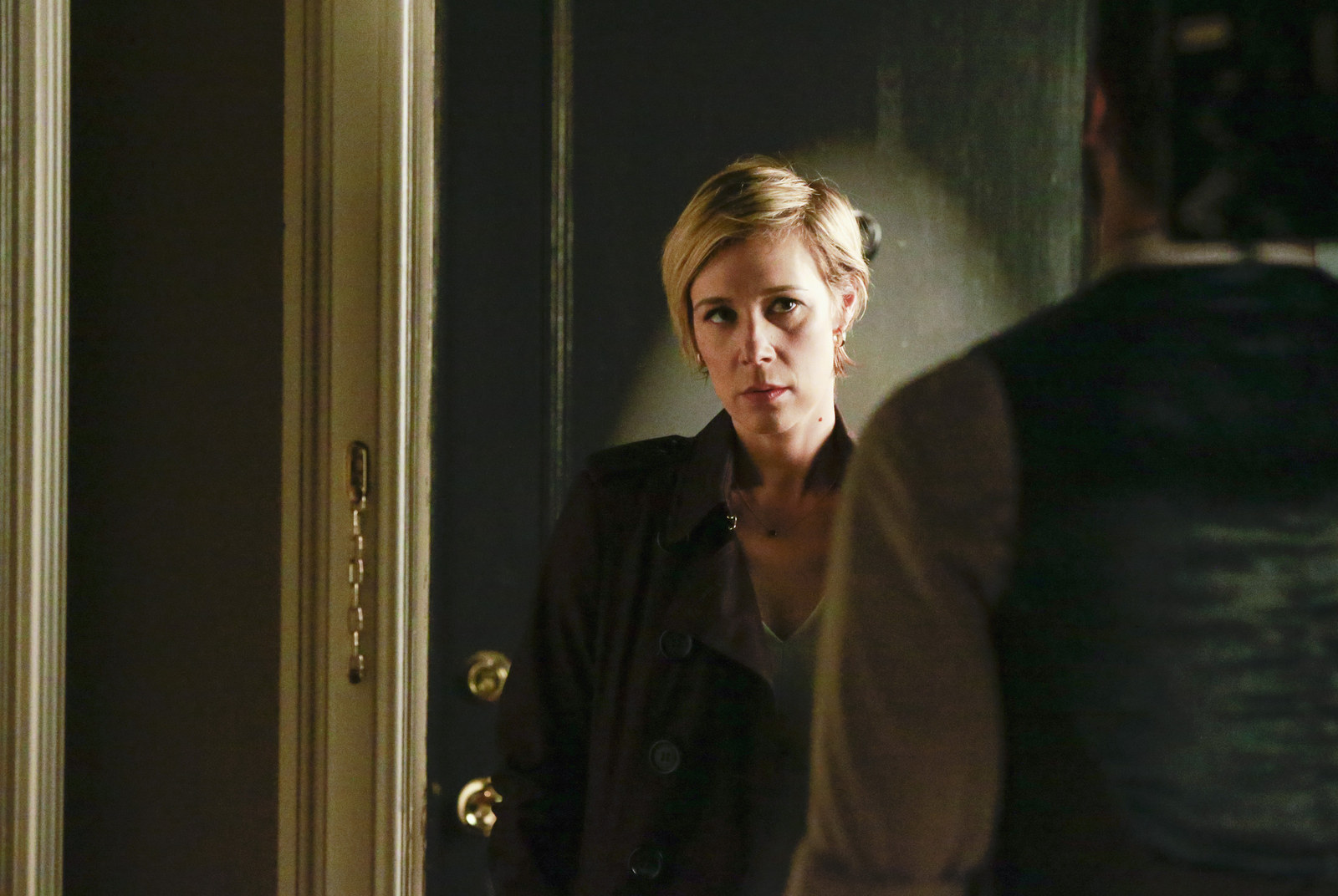
Nowalk has come to understand that “most of [his] job is listening,” especially when it comes to his cast. “Having Viola involved has been a very lucky thing for me because we have a mind-meld a lot of the time,” he said, adding that Davis has brought so much to Annalise Keating that it’s fundamentally changed the character’s DNA. “When Annalise was scolding Wes in the lecture hall in the pilot, I remember it felt very maternal, like she was urging him to learn. I never saw that until she played it,” Nowalk said. “I thought it was amazing and so much deeper than just a mean teacher.”
Liza Weil’s performance as Annalise’s dutiful associate Bonnie Winterbottom also altered Nowalk’s initial expectations of that character. “I thought Bonnie was going to be bubbly and the antithesis of Annalise: the nice cop to the bad cop. But Liza brought a real heaviness to the role that was so much more interesting,” he said. “I thought the crush she had on Sam [Tom Verica] would be girlish and funny, but instead it's dark and obsessive, which fits so much more in the tone of the show.”
4. Plan to not have a plan.
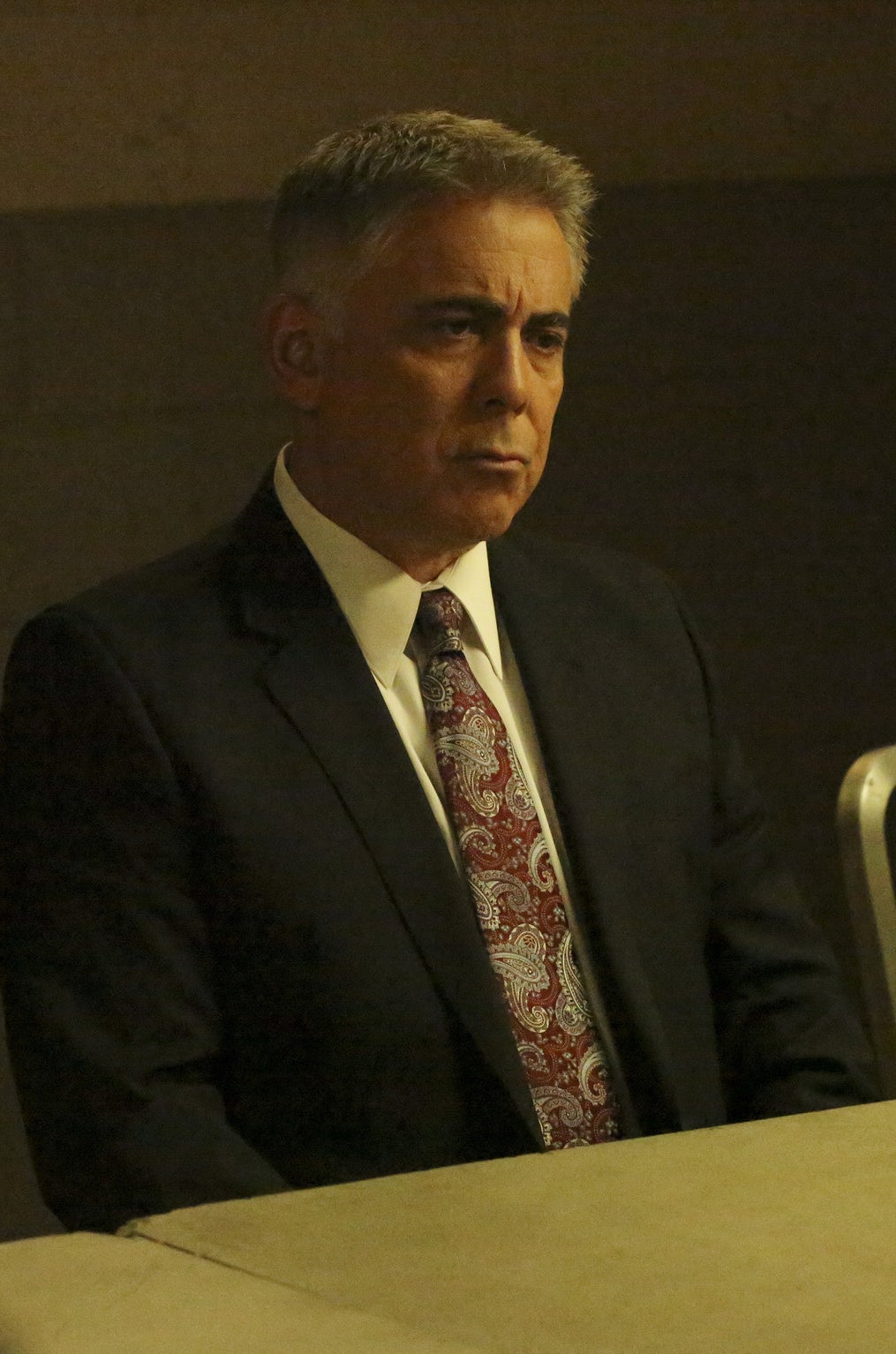

When Nowalk pitched the show to ABC, he had a very clear story in mind — but that arc only brought him halfway through Season 1. “Built into the pilot was this arc — we are going to find out who killed Sam — but past Episode 9, I didn't know,” he said. “I think one of the things I've learned is that it's a character-driven show; so as long as you can unearth things about the characters, you'll come to something. I could have never known that Annalise knew Wes's mom when she was pregnant when we were making the pilot. You discover the show as you make it.”
Even now, with the Wallace cliffhanger heading into Season 3, Nowalk isn’t entirely sure of the gunman’s identity. “I do know who it is, but with the idea that I can change it at any point,” he said. “I did think from the beginning that Wes killed Sam and I kept waiting to change it, but I didn't. And I did not know Wes shot Annalise. I used to think it was going to be Laurel [Karla Souza]. And that's another thing: Maybe we'll answer that in the first minute of Season 3 or maybe it'll take a long time. It is fun to figure it out.”
5. Don’t be afraid to change everything.
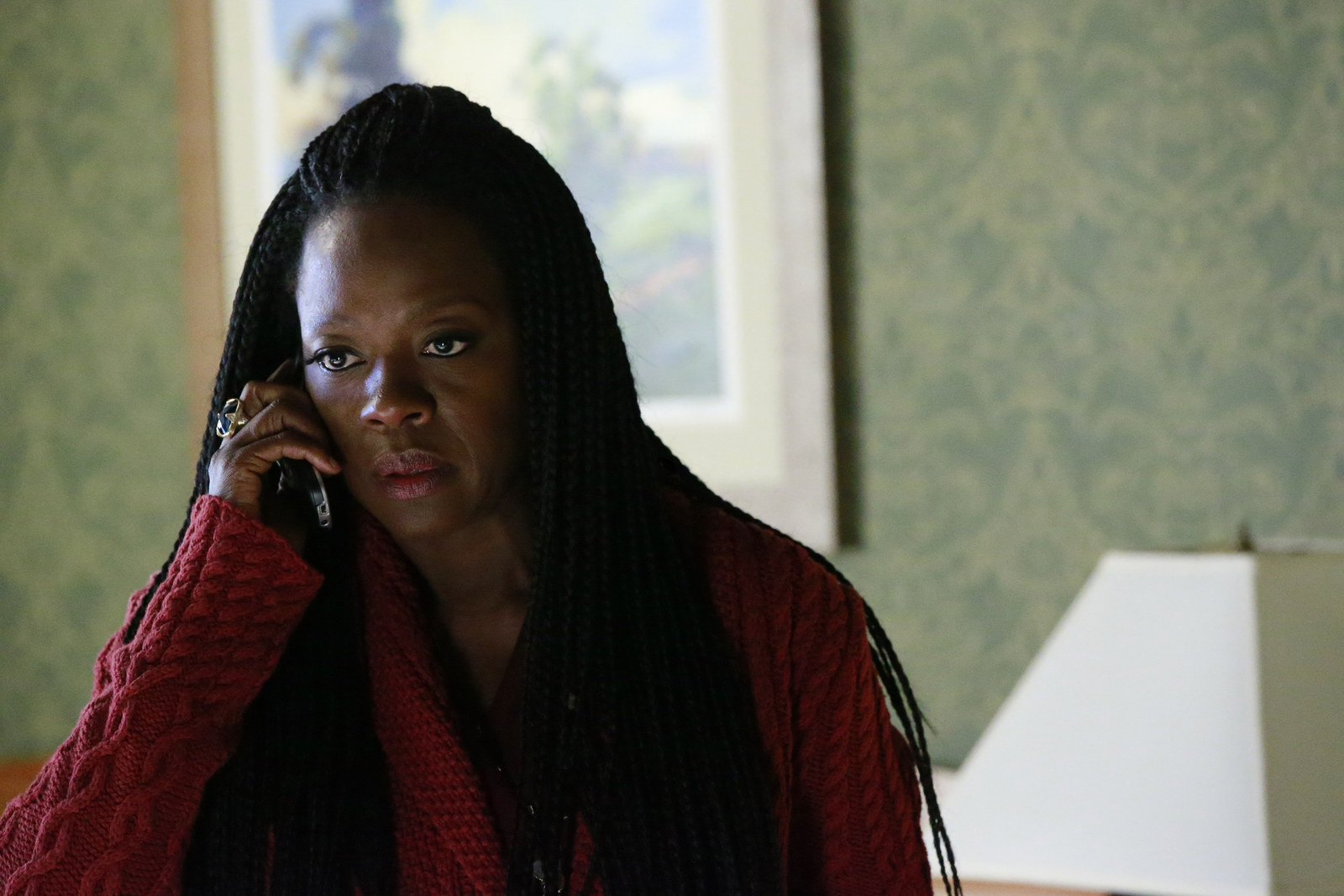
The second half of Season 2 represented a perceptible shift in the pace of How to Get Away With Murder. What was once a high-speed train began to decelerate and the narrative focused more on the characters’ motivation versus action.
"I’ve learned to have the balls to slow it down and risk being boring."
“I want the energy of the show to change all the time,” Nowalk said. “I'm impatient as a person and it might be my Achilles' heel as a storyteller, but I'm afraid of something being boring. I’ve learned to have the balls to slow it down and risk being boring, to trust that the audience wants to know the characters as much as they want to get surprised. That has been a huge lesson for me this year and it's something Viola definitely encourages me to listen to. She always says there's never enough character reveal on television or in life. You always want to know more about people.”
6. Be aware of what the audience wants, but don’t necessarily include it.
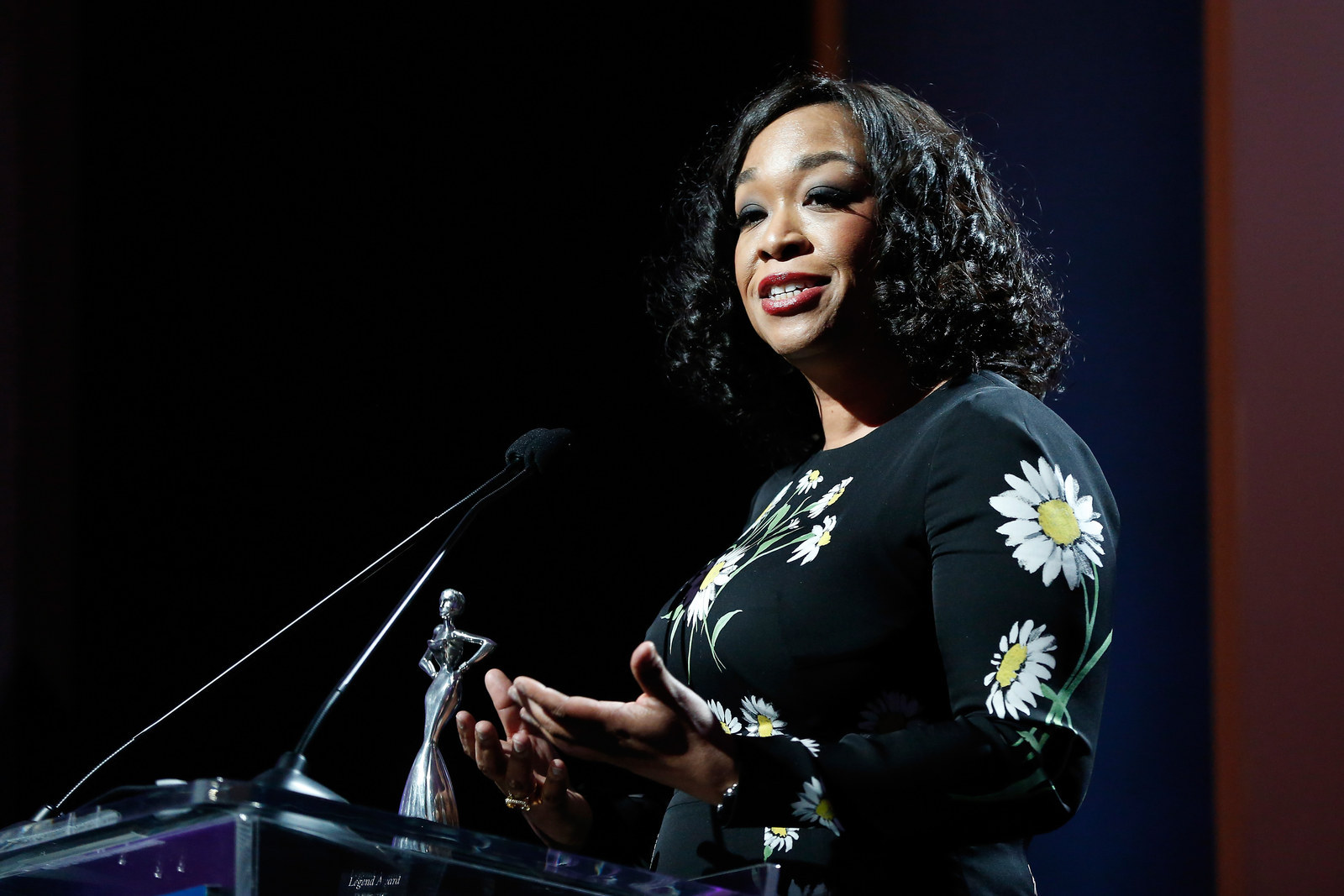
"[Shonda] really doesn't give any fucks."
“I'm never going to be able to survey every single person who watches the show and have them tell me what they like,” Nowalk said. “So I may get 100 opinions, but that might also be the only 100 people who feel that way, and I have to remember that. Ultimately, it's me. What do I like? What do I want to watch? We've had enough success based on my gut feeling that I'm just going to keep doing that. Shonda taught me that. She really doesn't give any fucks, because she's listening to her inner voice and it's worked out. The minute you are writing in response to criticism or towards what certain fans want, you're disappointing all the other people.”
7. Perfection is overrated — and impossible.
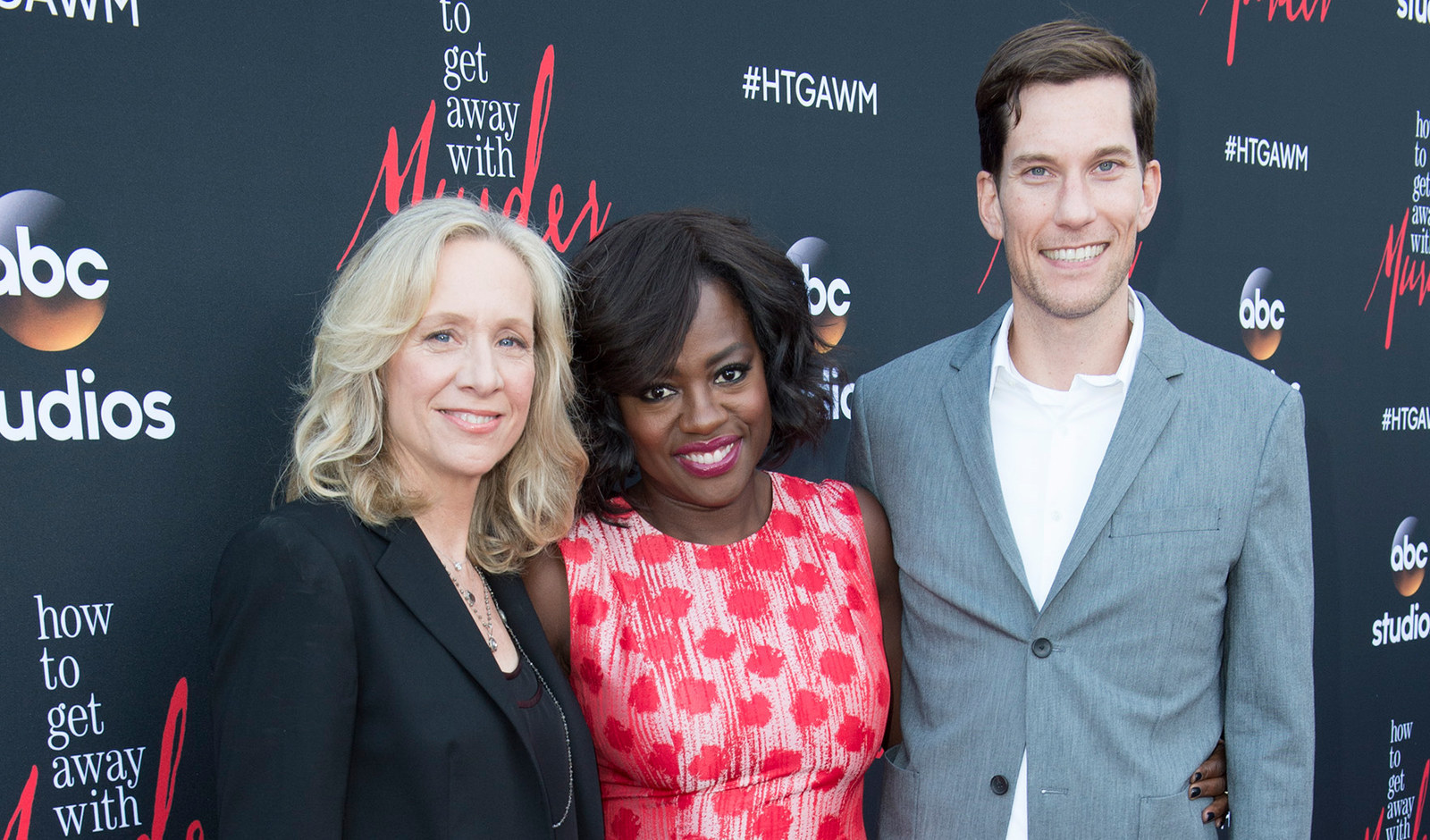
Nowalk wishes he had months and months to thoughtfully craft every scene in every episode of How to Get Away With Murder, but that’s not realistic with a network television show that moves at a breakneck pace.
“In a way, it's the biggest gift because you can't be a perfectionist. You're making all these decisions in a moment,” he said. “I am like the audience, so anything I think we're going to do, someone will have already guessed that, so I need to, in the moment, be able to surprise myself or have a writer surprise me. That's only something that can happen at the last minute.”
That also doubles as Nowalk’s unofficial mantra when it comes to the show. “There's over-perfecting something and there is the relief of knowing I did the best I could with the amount of time I had,” he said. “Like, ‘I'm sorry you didn't like it,’ but you try it! It's nice that I can go to bed knowing I did my best.”
8. Learn from your mistakes.
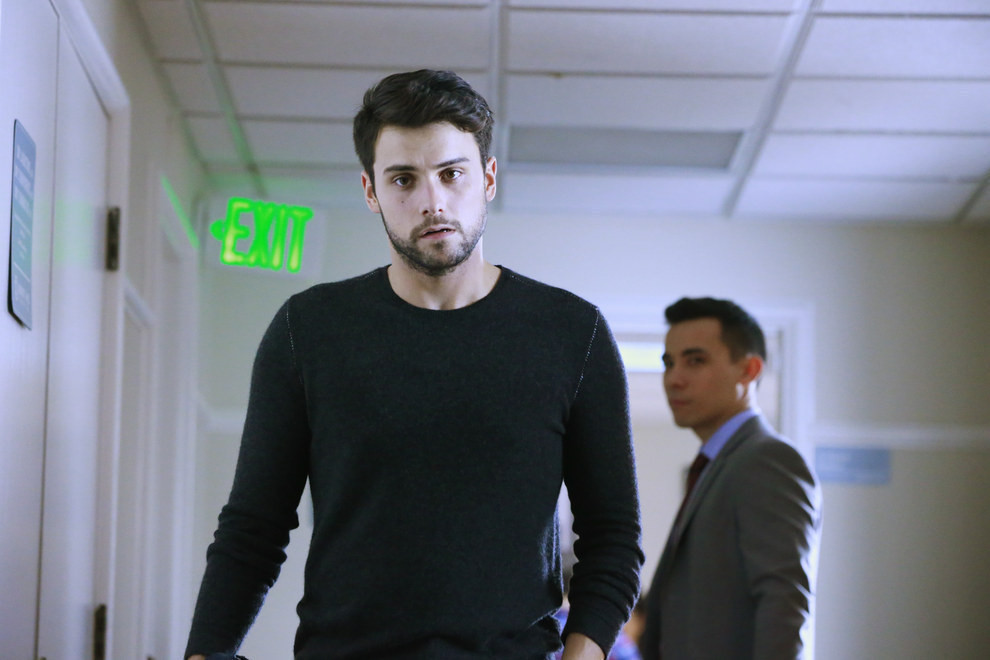
While Nowalk says he doesn’t have any true regrets about what’s made it to the screen, there’s one plot point he wishes could have been executed more thoughtfully: Oliver’s (Conrad Ricamora) HIV diagnosis, which was initially intended to be in the penultimate episode of Season 1, but ended up landing in the finale due to shuffling scenes in editing.
“I wish we didn't put Oliver's HIV diagnosis as a cliffhanger. I think it gave the impression that it was like a hacky story point versus integrating this element into the character,” Nowalk said. “It felt like an ‘oh my god’ moment versus a real, emotional thing. I wish we had placed it an episode before and got to continue the story rather than treat it as a cliffhanger, because I think it allowed people to think we were going to do one thing, and I get it. It was maybe a little bit tacky. And, fair game, I'm learning.”
9. Enjoy the moment.
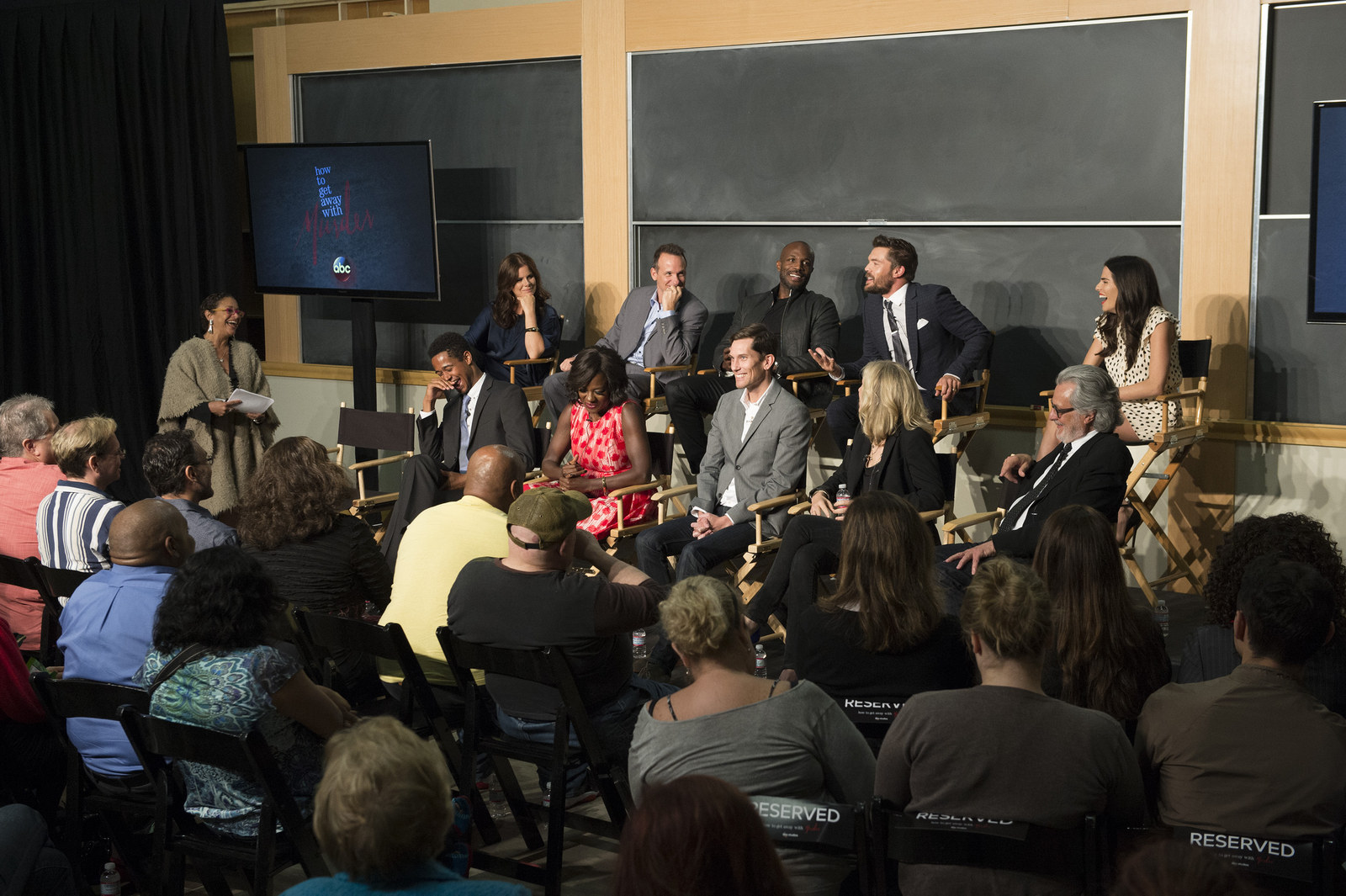
With the fast-paced production, hundreds of people looking to him for directives, network pressure, and his own desire to create an enjoyable hour of television, Nowalk often fails to take a step back and appreciate his success. “I want to enjoy the moment more because I don't know if I'm ever going to get to have another show, but I definitely know I’m not going to get to have another show with this cast,” he said. “Whatever the ratings are, I want to try to savor the moment more. Because in 10 years, am I going to be a barista again and wonder, Why didn't I enjoy that?”
